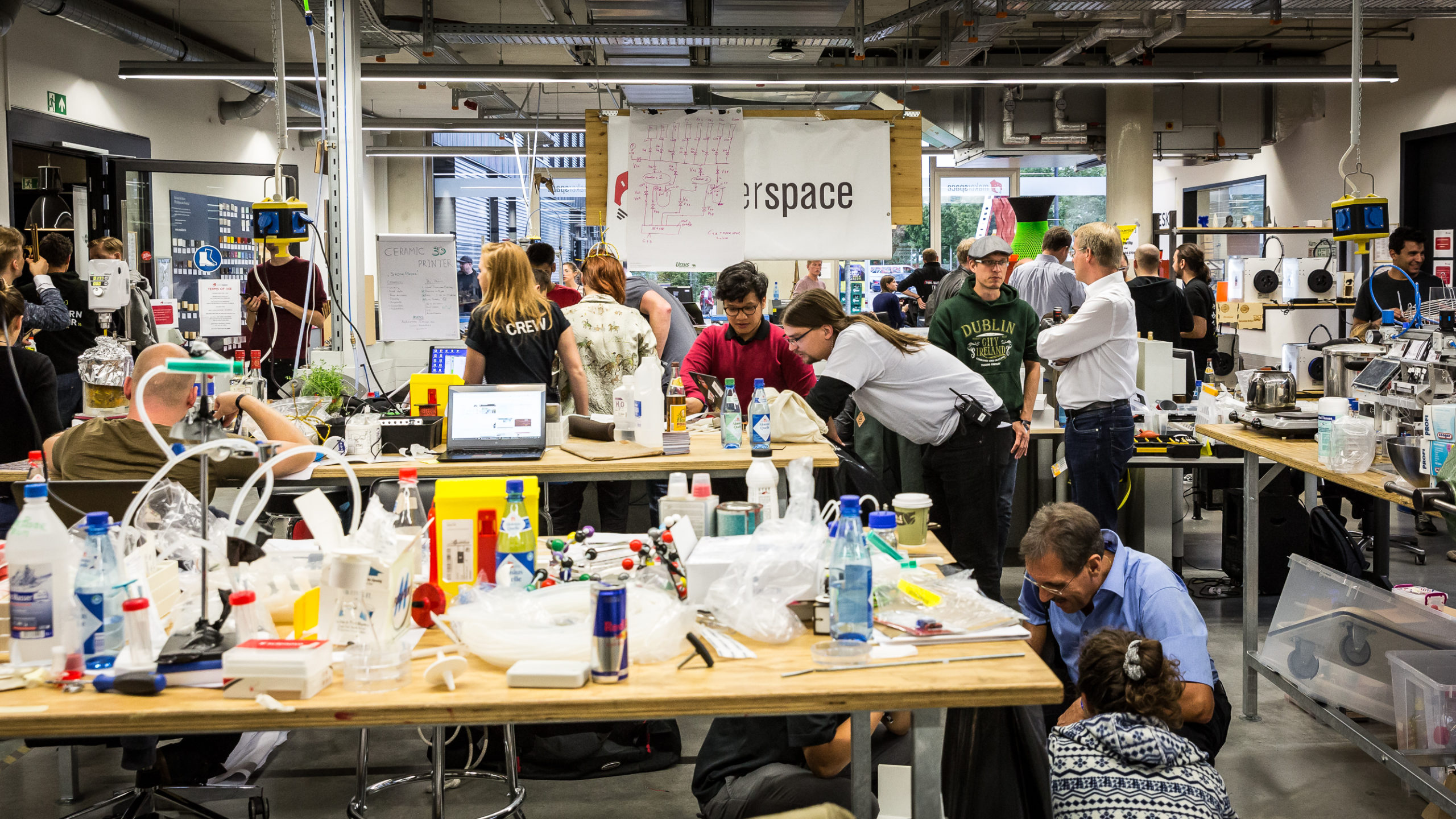
10 May appliedAI presents its fourth annual overview of the German AI start-up landscape
Germany’s leading artificial intelligence (AI) initiative, appliedAI, publishes its annual update on the German start-up landscape for the fourth time in a row. This year, the data collected proves that the AI scene in this country is coming of age and that renowned start-ups are increasingly establishing themselves on the market. However, the Covid 19 crisis seems to be having a negative impact on investment intensity in German AI start-ups. Despite the pandemic, a boom in start-ups in the healthcare sector has so far failed to materialise, whereas geographical trends continue to manifest themselves strongly.
The total number of German AI start-ups also increased by 30 companies in the past twelve months and now stands at 278. However, the annual number of new AI start-ups has fallen significantly: While the growth rate of start-ups was 62% in 2018, it dropped to 15% for the first time last year and continues to drop to just 12% in the current survey. While the quantitative growth rate of new AI start-ups is flattening out, the quality of the start-ups is remarkable: newly listed start-ups, including JINA AI or presizeAI, for example, were already able to achieve funding rounds in the millions in their first year of existence. This was not yet the case in the last surveys. 52 start-ups from last year are no longer on the map. Most of them (39%) have gone into liquidation, 12% were taken over by another company.
German AI start-ups come of age
On average, German AI start-ups are 4.5 years old. The figures show that not only the general quality (measured by indicators such as the scalability of the business model and the team structure) of the start-ups is improving, but that they are also able to operate more professionally on the market. The expected survival chances of the companies are thus significantly higher than in previous years. Thus, the wheat is being separated from the chaff and well-known companies are establishing themselves on the market. A good example and representative of these start-ups is Konux: Konux develops and builds sensors that use AI to monitor railway infrastructure. Most recently, the team secured 66 million euros in a Series C financing and 130 million euros in total. The company now employs over 50 people in Munich.
Impact of the pandemic
Unfortunately, the average investment volume flowing into AI start-ups fell from €19 million in 2019 to €11 million last year. Munich start-ups continue to lead the way with an average investment amount of 21 million euros. Berlin start-ups received an average of 6 euros, while the German average was eleven million euros. The healthcare industry continues to have the most AI start-ups, along with manufacturing and mobility. However, it has not yet recorded any significant growth – the industry boom could start this year, somewhat delayed.
Locations influence the sector focus
The majority of start-ups focus on a specific industry. 18% of them serve the health sector, 17% the manufacturing sector and 16% mobility. Munich start-ups strongly dominate the mobility sector: 35% of all listed start-ups with a mobility focus are based in the Bavarian capital. Berlin leads in the areas of healthcare (42%), retail and e-commerce (50%) and finance and insurance (43%). Most start-ups in this country are still in the marketing, customer service, IT and security sectors.
The cross-sector concentration on Berlin and Munich continues this year. 66% of all start-ups are based in Berlin or Munich. In whole numbers, there are 112 in Berlin and 62 in Munich. Last year there were 95 companies from Berlin and 61 from Munich. Berlin in particular is booming with an increase of 18%.
European Start-up Map
In addition to the annual update of the German AI map, the analysts at appliedAI have been working on mapping the European AI start-up landscape for several months. France and Sweden have already joined appliedAI and so the European map currently already contains over 500 start-ups. In 2021, further European AI initiatives will be invited to participate in order to draw an even more comprehensive European map in the future.
Together with NVIDIA, Google, AWS and nine venture capital firms (Digital+ Partners, Earlybird Capital, eCAPITAL, High-Tech Founder Funds, HV Holtzbrinck Ventures, Lakestar, UVC, La Famiglia and Asgard), more than 1,000 start-ups were examined. The survey includes companies that were founded after 2011 and whose business model is based on machine learning. The start-ups were founded in Germany or conduct their main business activities in Germany. They were examined and clustered according to the following criteria: AI-related capacity and qualification of the founders and their employees, role of AI technology for the product, scalability of the business model and overall evaluation of the company.
You can find the map and further information here.
Source and photo: https://www.appliedai.de/






